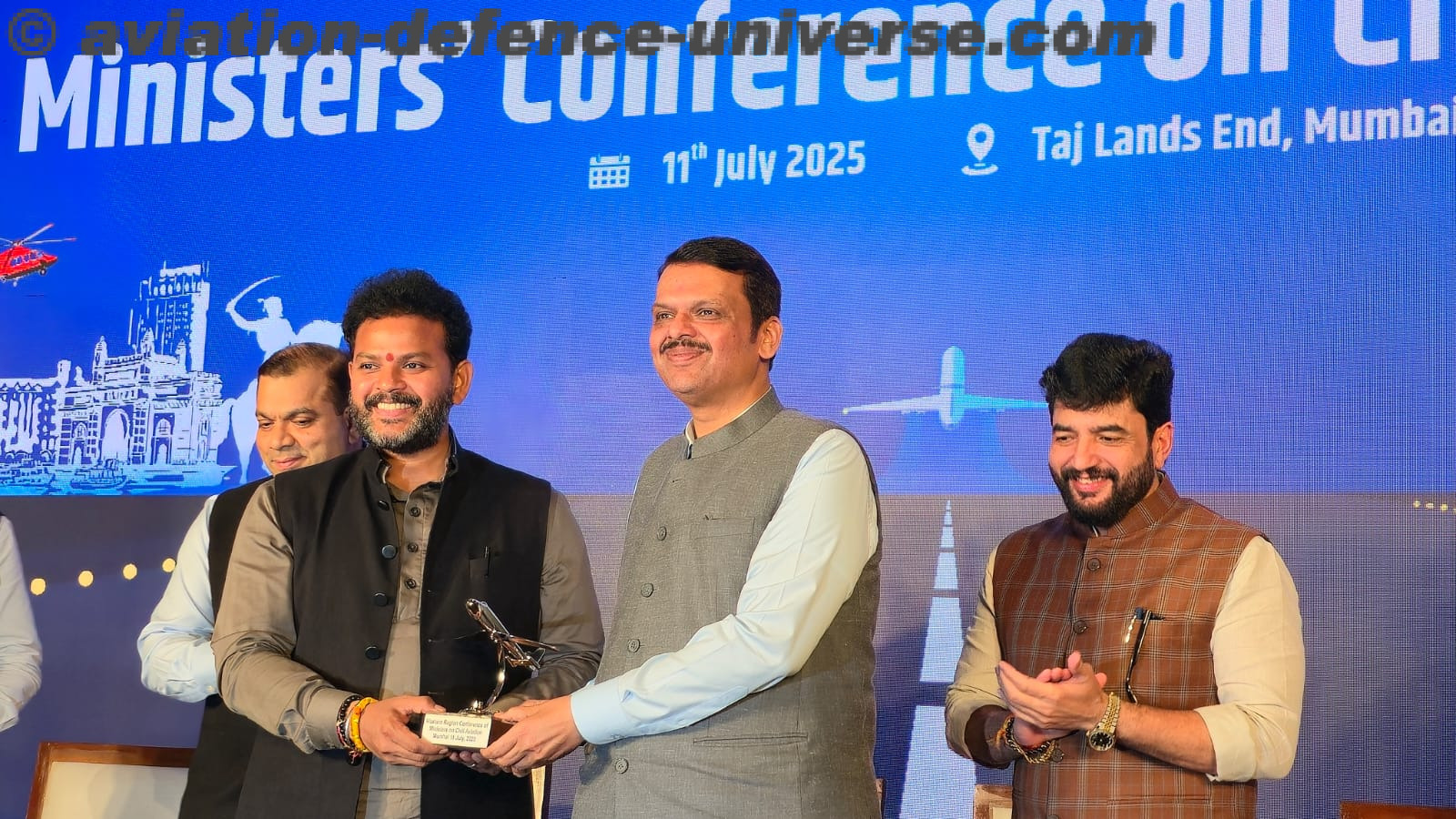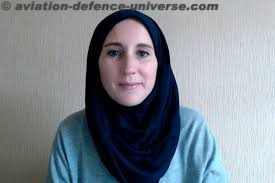380 – Edict of Thessalonica: Emperor Theodosius I, with co-emperors Gratian and Valentinian II, declare their wish that all Roman citizens convert to trinitarian Christianity
425 – The University of Constantinople is founded by Emperor Theodosius II at the urging of his wife Aelia Eudocia.
907 – Abaoji, a Khitan chieftain, is enthroned as Emperor Taizu, establishing the Liao dynasty in northern China.
1617 – Sweden and Russia sign the Treaty of Stolbovo, ending the Ingrian War and shutting Russia out of the Baltic Sea.
1782 – American Revolutionary War: The House of Commons of Great Britain votes against further war in America.
1812 – Poet Lord Byron gives his first address as a member of the House of Lords, in defense of Luddite violence against Industrialism in his home county of Nottinghamshire.
1900 – The British Labour Party is founded.
1939 – United States labor law: The U.S. Supreme Court rules that sit-down strikes violate property owners’ rights and are therefore illegal.
1940 – Martin Kamen and Sam Ruben discover carbon-14
1949 – Chaim Weizmann became the first Israeli president.
1964 – The Government of Italy asks for help to keep the Leaning Tower of Pisa from toppling over.
1986 – The United States Senate allows its debates to be televised on a trial basis.
1991 – Gulf War: U.S. President George H. W. Bush announces that “Kuwait is liberated”
1998 – Britain’s House of Lords agreed to give a monarch’s first-born daughter the same claim to the throne as any first-born son. This was the end to 1,000 years of male preference.
2002 – Godhra train burning: A Muslim mob torches a train returning from Ayodhya, killing 59 Hindu pilgrims.






















































































































